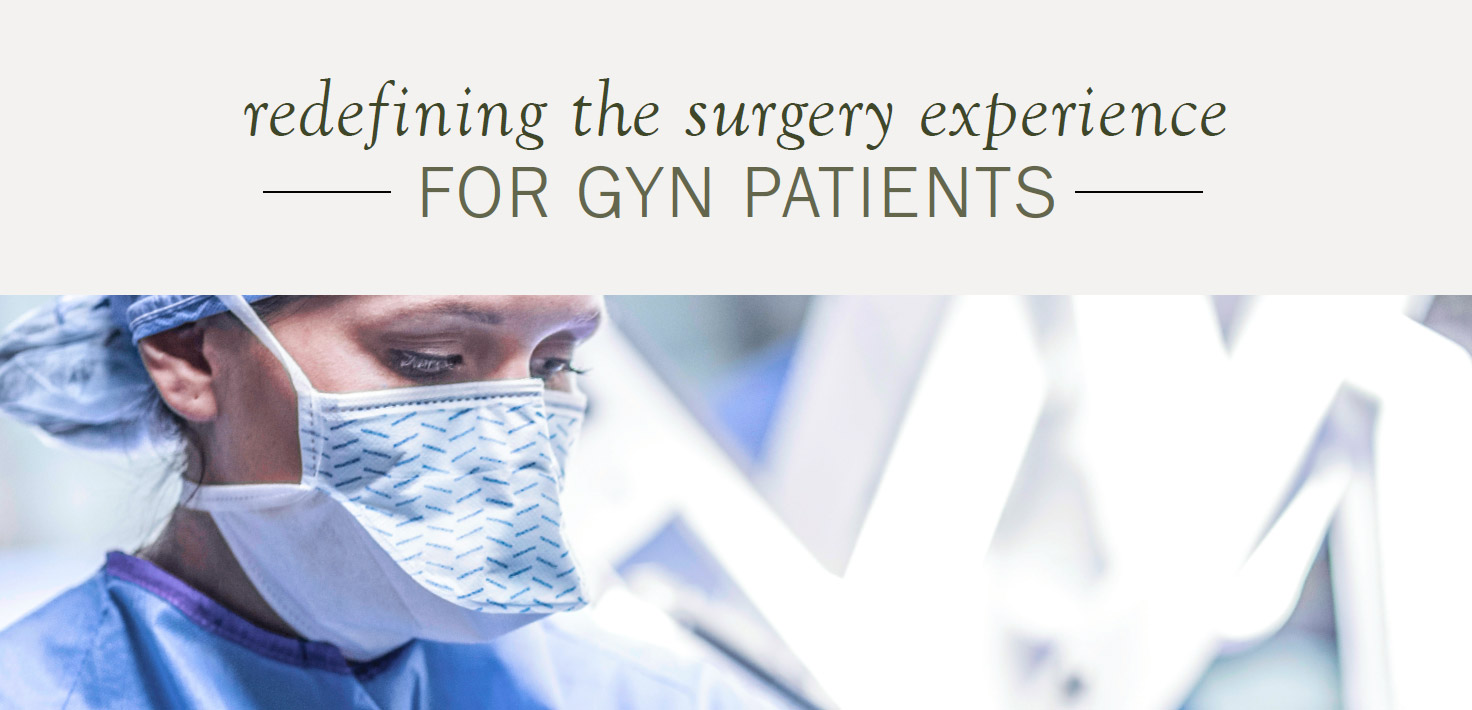A uterine fibroid is a noncancerous growth in the uterus. Uterine fibroids are common, affecting nearly half of women by age 50, including 1 in 5 women during their childbearing years.
In many cases, these fibroids are small enough that they don’t cause any noticeable symptoms, but sometimes they can become quite large, putting pressure on the organs and blood vessels in the pelvis. If you’re experiencing symptoms that may be related to uterine fibroids, the team of providers at Northeast Georgia Physicians Group Urogynecology can help you find relief.
What causes uterine fibroids?
Fibroids, also called “leiomyomas” or “myomas,” grow in the muscular wall of the uterus. Researchers aren’t sure why they develop, but it’s thought that hormones and genetics may play a role.
While we may not know their cause, we do know that some women are at an increased risk of developing fibroids. Risk factors for uterine fibroids include:
- Being of African American decent
- Being in your 30s and 40s
- Being overweight or obese
- Eating a diet that’s high in red meat and processed meats
- Having a family history of uterine fibroids
Family history seems to play a particularly important role. Women whose mothers had uterine fibroids are at a three times higher risk of developing uterine fibroids than other women of the same age.
What are the symptoms of uterine fibroids?
Tiny uterine fibroids may not cause any symptoms, but larger fibroids can cause a variety of symptoms, including:
- Abnormal uterine bleeding
- Complications during pregnancy and labor
- Frequent urination
- Fullness in the pelvis
- Lower back pain
- Pain during intercourse
- Painful periods
- Problems emptying the bladder or bowel
- Swelling or enlargement in the lower abdomen
Rarely, fibroids may also cause reproductive problems, including infertility. These complications are uncommon, but can sometimes occur in women with multiple fibroids or fibroids that are large.
How are uterine fibroids diagnosed?
Small fibroids are often indetectable, but larger fibroids may be detected by a medical provider during a routine pelvic exam. These fibroids can often be palpated, or felt with the fingers, during the exam.
If your provider suspects you have a uterine fibroid, other tests can be used to confirm the diagnosis. These tests may include:
- Hysterosalpingography, which is a special type of X-ray that can detect changes in the uterus and fallopian tubes
- Hysteroscopy, which uses a thin device inserted into the vagina and cervix to see the inside of the uterus
- Lab tests, including blood and urine tests, which rule out other causes of symptoms
- Laparoscopy, which uses a thin device inserted through a small incision in the abdomen to see the inside of the uterus
- Pelvic or vaginal ultrasound, which is used to capture images of the uterus
- Sonohysterography, which inserts fluid into the uterus to capture more detailed ultrasound images
Other imaging tests, including magnetic resonance imaging and computed tomography, may be used to track the growth of uterine fibroids over time.
How are uterine fibroids treated?
If you aren’t experiencing any symptoms, you may not require treatment. If you are experiencing symptoms related to a uterine fibroid, though, there are multiple treatment options that may help. Treatment for uterine fibroids may include:
Acessa
During this minimally invasive treatment, a urogynecologist uses targeted radiofrequency energy to shrink and soften uterine fibroids. Acessa, which is often effective in reducing symptoms, is performed on an outpatient basis and requires only two small incisions in the abdomen.
Hysteroscopic myomectomy
During this minimally invasive procedure, a urogynecologist removes fibroids in the lining of the uterus, guided by views from a camera that’s inserted through the vagina and into the uterus.
Hysterectomy
During this procedure, a urogynecologist removes the uterus. Hysterectomy may be suggested to treat uterine fibroids that are large or causing significant symptoms, but because it causes side effects, including early menopause, it’s usually considered a last resort.
Medications
Multiple medications may be used to treat uterine fibroids. This includes medications designed to shrink fibroids, such as oral contraceptives, an intrauterine device, or gonadotropin-releasing hormone agonists.
Medication may also be used to alleviate individual symptoms related to fibroids, such as iron supplements to treat anemia due to heavy bleeding, pain relievers or anti-inflammatories to treat pain, and tranexamic acid to reduce bleeding.
Myomectomy
During this procedure, a urogynecologist surgically removes uterine fibroids, leaving the uterus intact. Because the uterus is untouched, it’s possible to become pregnant following a myomectomy, so it can be a good treatment option for uterine fibroids in women who still wish to become pregnant.
Choose NGPG for uterine fibroid treatment
The female pelvic floor is complex and requires a complex approach. At NGPG Urogynecology, our providers have speciality training in diagnosing and treating conditions affecting female pelvic health, including uterine fibroids.
We offer comprehensive care, including surgical procedures when necessary for treating large or troublesome uterine fibroids. When surgery is required, we perform those procedures at Northeast Georgia Medical Center, where our patients have access to minimally invasive or robotic procedures when possible.
NGMC was the first hospital in Georgia to receive accreditation as a Center of Excellence for minimally invasive gynecology, which offers patients a quicker recovery and a lower risk of complications.

